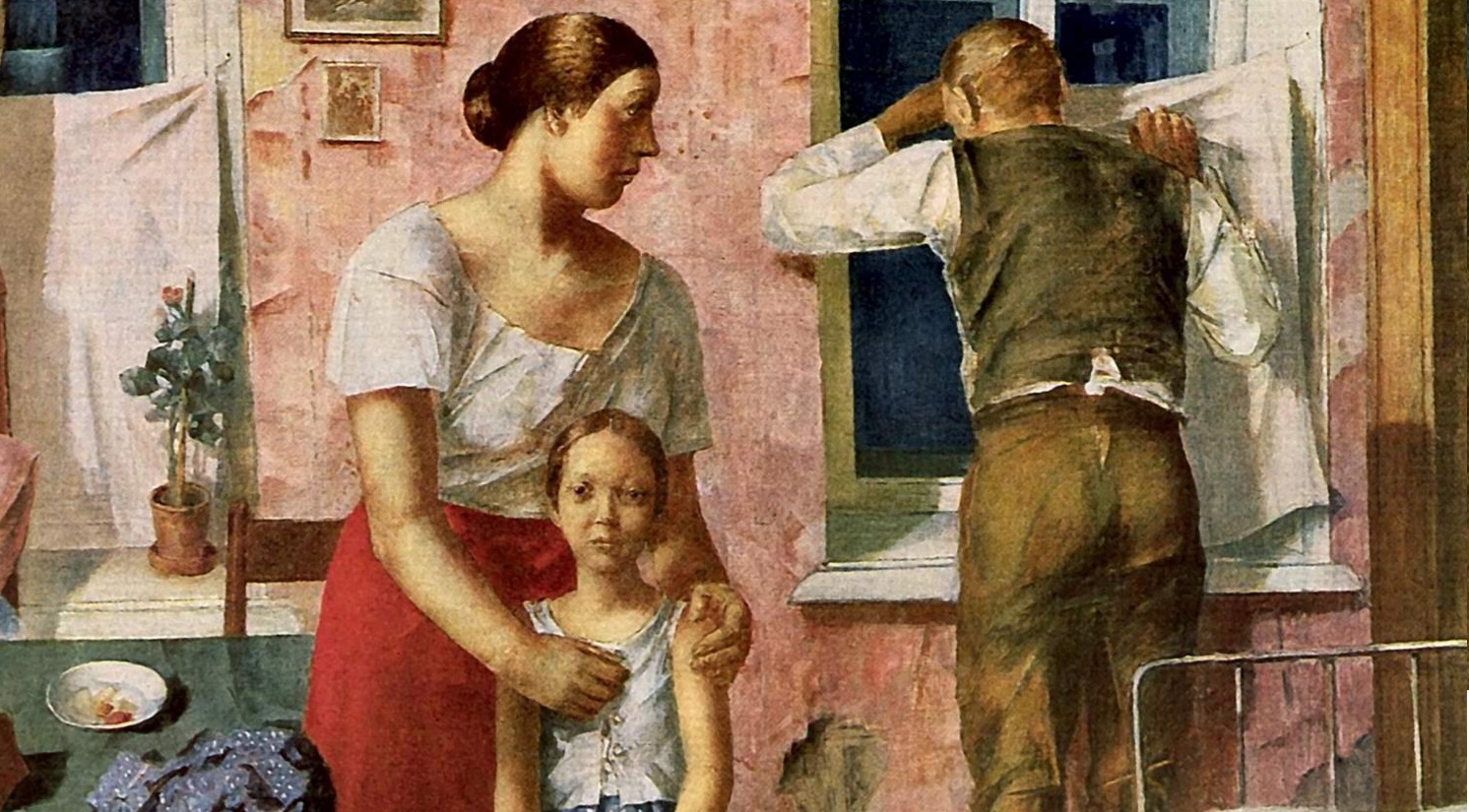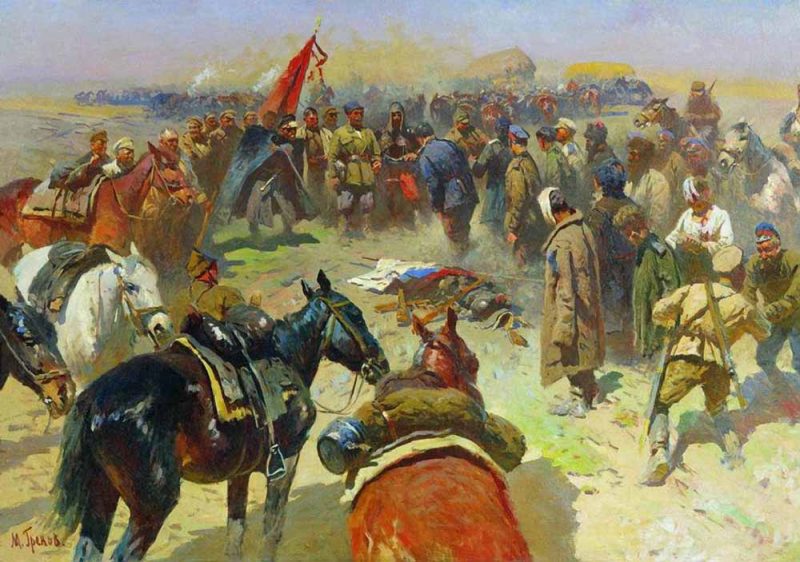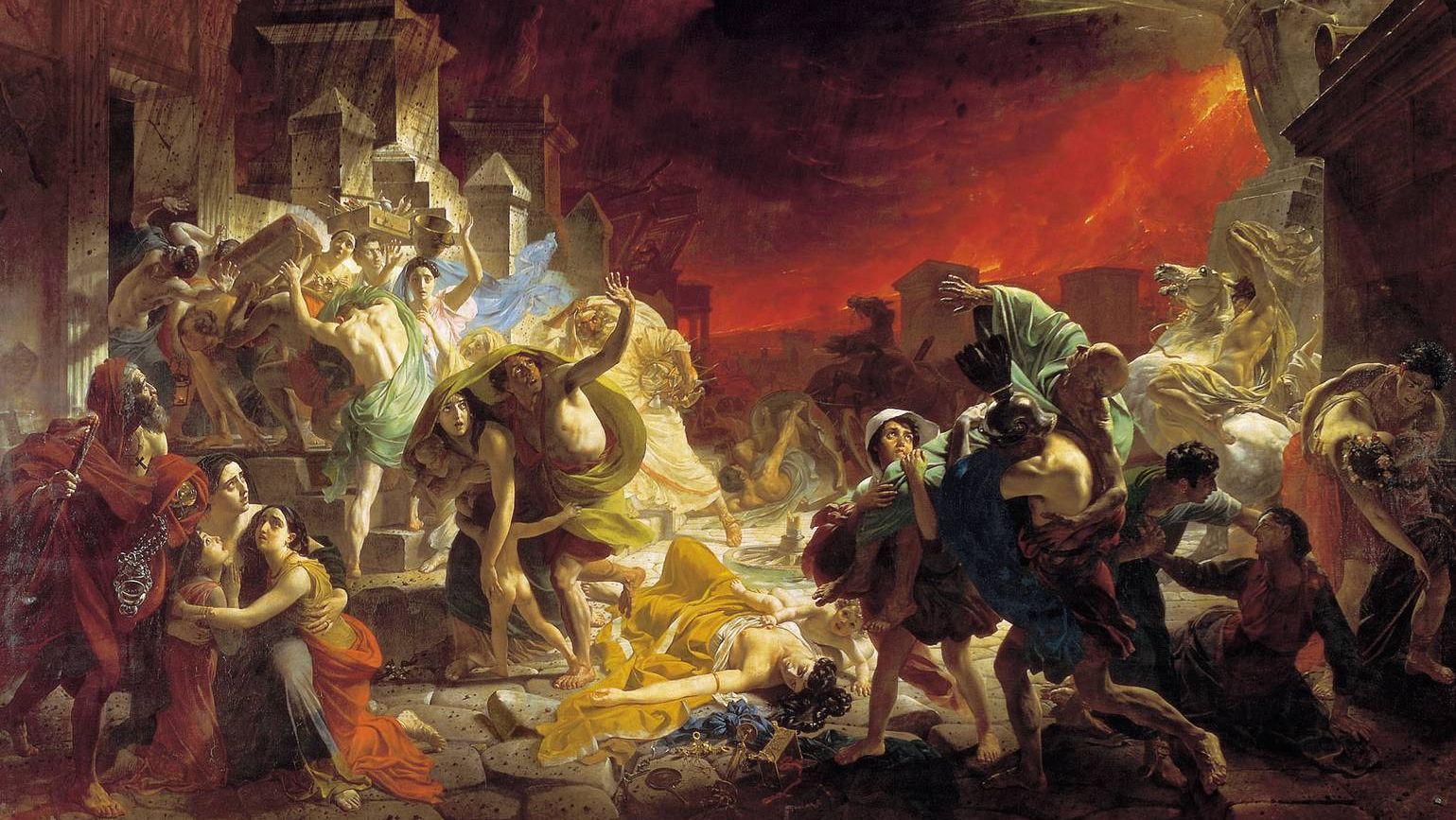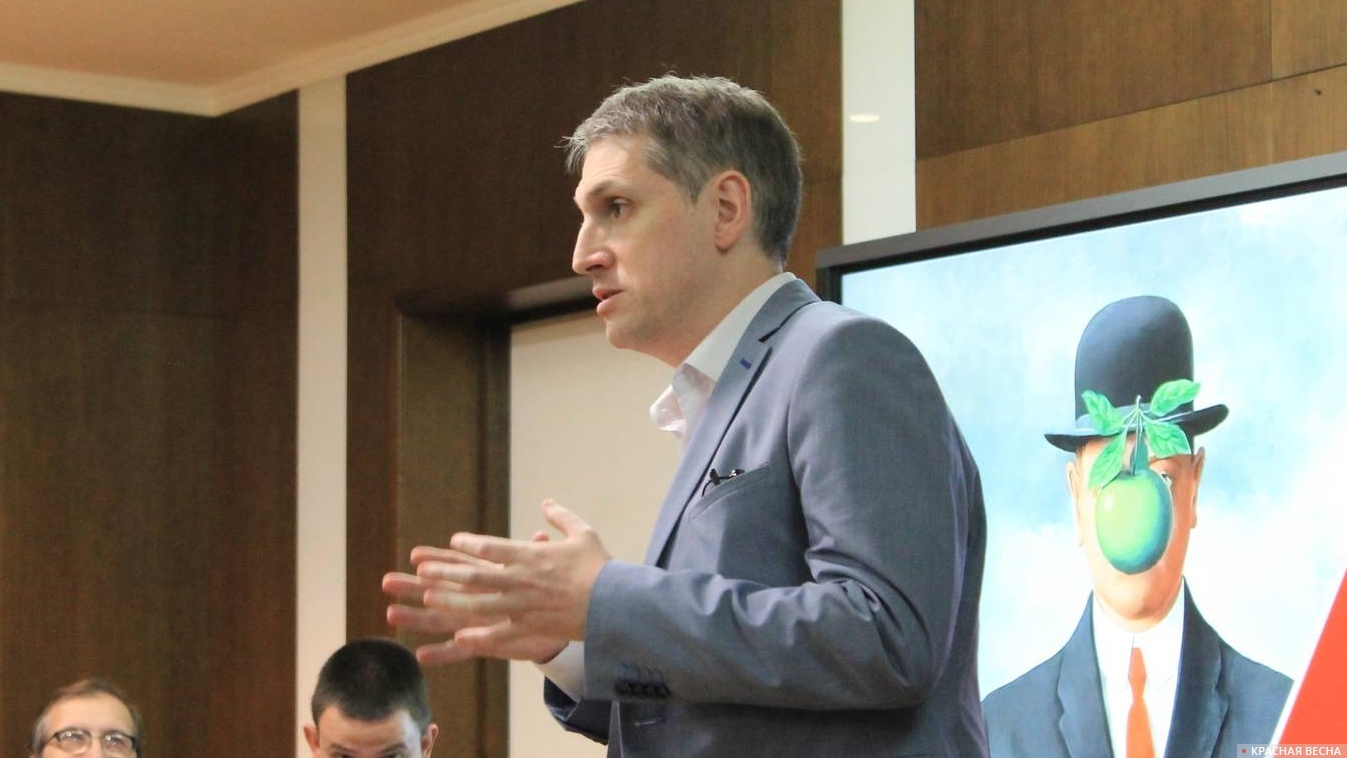04.01.2023, Aleksandrovskoye.
The Bolsheviks restored Soviet Russia after the civil war, relying on imperial cadre and a passionate desire to study, said philosopher, political scientist and the leader of the Essence of Time movement Sergey Kurginyan on December 30 in a new issue of the Destiny program published on the movement’s YouTube channel.
Russia’s commitment to become part of the West was very costly for the state, because the price was the reduction of the Soviet army and industrial sector, Kurginyan believes. In his opinion, the Russian elite did not expect a major military conflict with the West, and this is why it allowed the reduction of the army by former defense minister Anatoly Serdyukov.
Returning to a fully functional self-sufficient industrial sector poses major challenges to Russia as it has to find a way to regain everything that was thrown away over the past 30 years, the political scientist noted.
“I think that it is much easier to transform brigades into divisions than to make our industry self-sufficient. I am not saying we cannot do it, but we have to do it if we want to stand for a long time. How are we going to build it up?” the analyst said.
Four years after the Great October Socialist Revolution and the Civil War, a restoration period began in the USSR. Lenin passionately sought industrialization, and he called for building the Volkhovstroy project right during the war, after which he proceeded with the GOELRO electrification project, the philosopher added.
“A majority of the best intellectual and capable military industry of the Russian Empire and its personnel became available to the Bolsheviks,” Kurginyan noted. In his opinion, there were very many people of this kind, and the most renowned of them included Sergey Kamenev, Aleksey Brusilov, Vladimir Bonch-Bruevich.
The Bolsheviks gathered all the officer corps of tsarist Russia and most of the main intelligence directorate of the imperial army, and they added talented natural geniuses from the lower classes of society such as cavalry sergeant major Budenny, division commander Vasily Chapayev etc.
“This geniuses received training. And they were trained by very talented and highly qualified officers and generals of the tsarist period. This produced a symbiosis of the new and the old army, and that was an improved symbiosis,” the analyst told.
A similar thing happened in science, where imperial elite taught the barbarians coming from the lower classes. “The old passionate imperial corps of educators taught passionate barbarian Soviet young people, and it successfully educated them to pass the torch to them, and they began to develop all that, producing people like Korolev etc,” Kurginyan explained.
The young Soviet specialists, military and engineering, were perfectly motivated to build a new life, they had a strong desire to learn, and they received unprecedented support from the elite of the Russian empire. This was the key to the Russian wonder, the political scientist stressed.
The Soviet scientific community remaining in Russia today consists of those who are already too old, those who went abroad, those who found a place in the specific market-based life, and those who became strongly marginalized because of desperation. And the question now is who is supposed to teach a new generation as well as whom we will have to teach, and whether this will become a priority, the analyst concluded.
Source: Rossa Primavera News Agency




